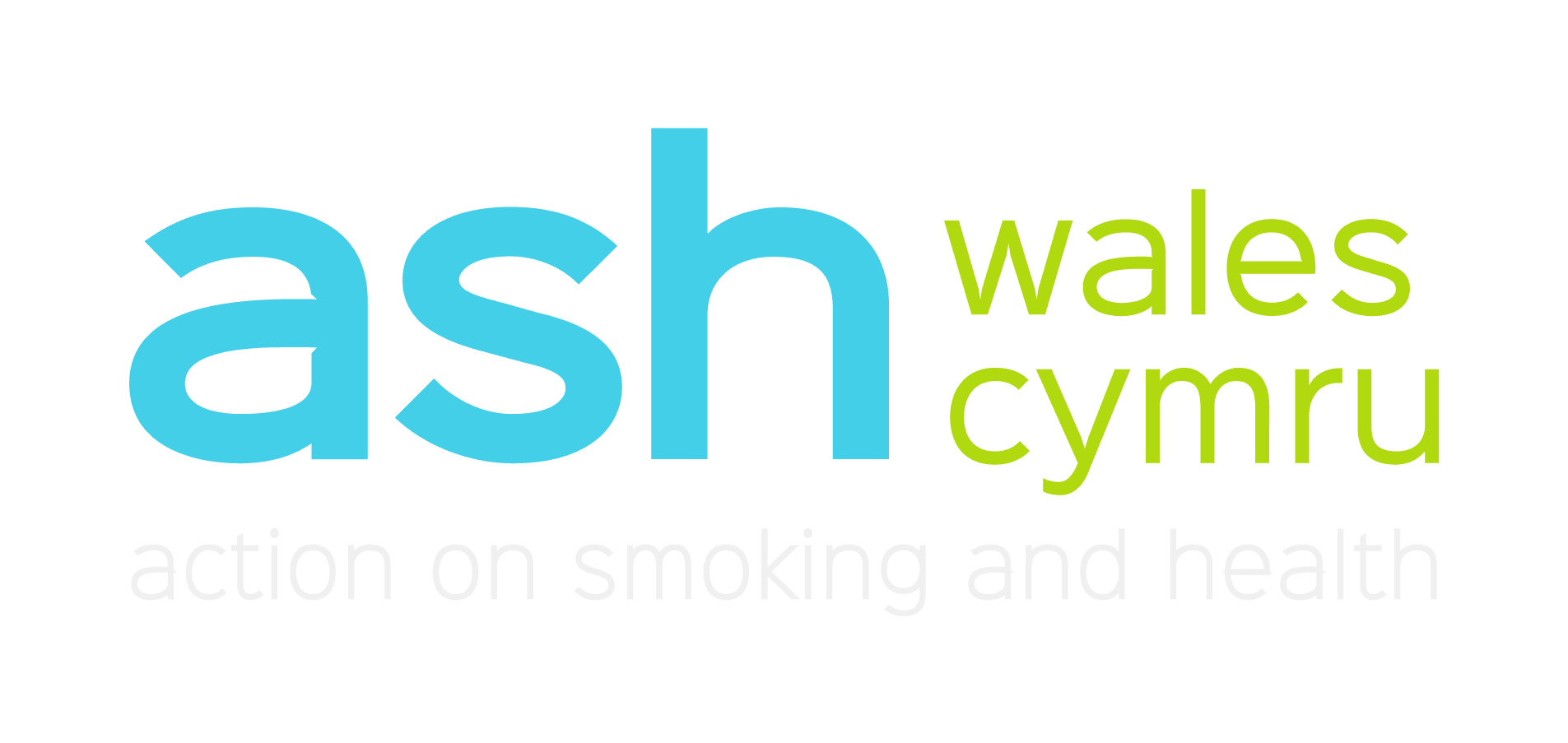Across Wales hundreds of smokers give up cigarettes every year thanks to the dedicated team of pharmacists, hospital workers, midwives and smoking cessation advisors working for the NHS Wales smoking cessation service, Help Me Quit. ASH Wales met a Barry pharmacist on the front line of the battle against tobacco to find out more about the stop smoking service she runs.
Having spent a decade helping smokers to quit, pharmacist Gwawr Davies Jones says having the right frame of mind is the key to successfully kicking the habit. She co-owns High Street Pharmacy in Barry and, since she qualified 18-years ago, has run stop smoking services across south Wales from the valleys to the Vale. Smokers are either referred to her by their GP or sign up to the programme themselves.
Today she boasts a 40 per cent success rate and says getting the timing right is crucial when it comes to helping smokers to complete the 12-week programme:
“It’s all about people being in the right frame of mind. I try to avoid starting people on the programme if they are going through a particularly stressful time in their life or if they have a holiday or big celebration coming up. I’ve learnt for instance to avoid signing people up in mid-December because their chances of quitting over the Christmas period are very slim.”
Smokers attend seven session over 12 weeks. They are given a supply of free nicotine replacement therapy (NRT) products such as nicotine patches and gum and the carbon monoxide level in their breath is checked using a CO Monitor – a test which Gwawr says helps spur them on: “The CO Monitor is a great motivational tool and people are really proud of themselves as they see the carbon monoxide levels coming down – it’s a tangible thing. They can see the benefits of stopping smoking after just 48 hours. It’s a bit like being weighed at Slimming World. People say they really felt like having a cigarette the night before but the thought of coming into and using the CO monitor stopped them. Many people are also horrified by how high their carbon monoxide levels are when they first come in.”
Those who do not manage to stop smoking by the end of the programme cannot re-join until another six months have passed. Gwawr says she is keen not to discourage those who don’t manage it the first-time round: “If people are really struggling I’ve learnt to say ‘let’s draw a line under this. Don’t beat yourself up’. I give them a handshake and say well done for trying. I feel more comfortable with trying to be positive and motivating. If people have failed they are far more likely to try again if you say ‘don’t worry about it, try again next time’, rather than lecturing them and scaring them off.”
People taking part in Gwawr’s sessions are seen on an individual basis rather than taking part in group sessions. She says this works well as she is able to tailor her approach to each person’s age and circumstances. And given that she works with smokers ranging from teenagers to 80-year-olds, this is really helpful: “With young people I try to be more motivational,” she said. “They need more encouragement because they don’t care about their health as much. With them lecturing doesn’t work. With older people, if you’re in your 70s or 80s and you’re asking for help then you’re pretty serious about it. All they need really is a massive pat on the back. A lot of the parents trying to quit come in with their children and I let them blow in the CO monitor which they think is great. Getting the children involved and making the sessions fun encourages them to come back.”
Ultimately however, while she avoids a one-size fits all approach, there is a one simple message that motivates all smokers to give up: “In my experience being scared that cigarettes will eventually kill you is the biggest motivator for giving up smoking.”
And, having helped Barry smokers from all walks of life to give up their habit, Gwawr says there is nothing more satisfying than seeing the progress people make and how it changes their lives: “I had a customer coming in the other day who said ‘do you know it’s been a year since I had my last cigarette.
“I really get to know the people taking part. At the beginning of the programme they come in and I don’t know anything about them. By the end of the 12 weeks we’ve built up a really good relationship and I know all about their lives.”
If you are a smoker who would like to find out more about how to give up, Help Me Quit is run by NHS Wales and will help you to find the stop smoking service that best suits you. Contact them on 0800 085 2219 or visit www.helpmequit.wales. Information on how to quit smoking is also available on the ASH Wales website or the Choose Smokefree Facebook page.









